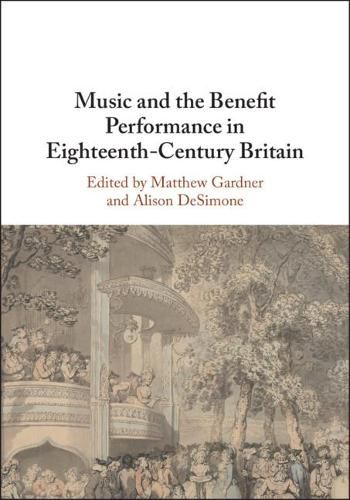Music and the Benefit Performance in Eighteenth-Century Britain

Music and the Benefit Performance in Eighteenth-Century Britain
In the early eighteenth century, the benefit performance became an essential component of commercial music-making in Britain. Benefits, adapted from the spoken theatre, provided a new model from which instrumentalists, singers, and composers could reap financial and professional rewards. Benefits could be given as theatre pieces, concerts, or opera performances for the benefit of individual performers; or in aid of specific organizations. The benefit changed Britain’s musico-theatrical landscape during this time and these special performances became a prototype for similar types of events in other European and American cities. Indeed, the charity benefit became a musical phenomenon in its own right, leading, for example, to the lasting success of Handel’s Messiah. By examining benefits from a musical perspective - including performers, audiences, and institutions - the twelve chapters in this collection present the first study of the various ways in which music became associated with the benefit system in eighteenth-century Britain.
This item is not currently in-stock. It can be ordered online and is expected to ship in approx 2 weeks
Our stock data is updated periodically, and availability may change throughout the day for in-demand items. Please call the relevant shop for the most current stock information. Prices are subject to change without notice.
Sign in or become a Readings Member to add this title to a wishlist.


